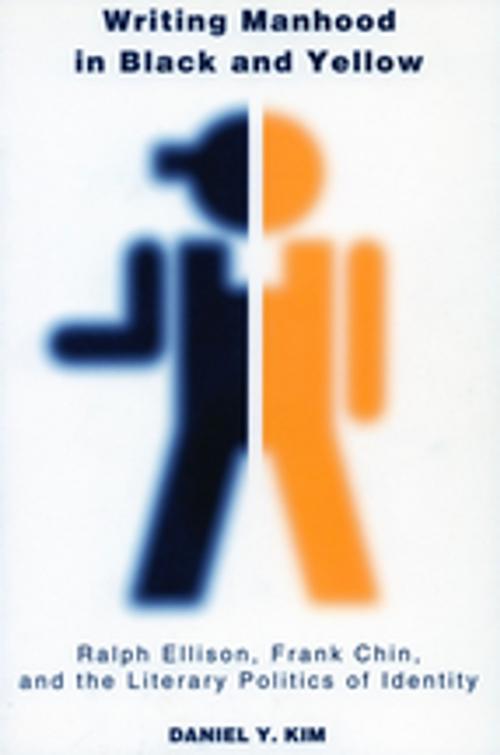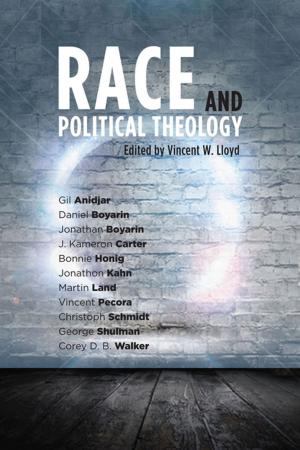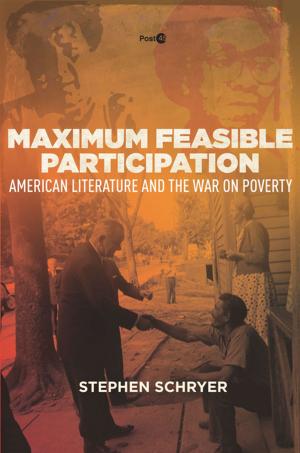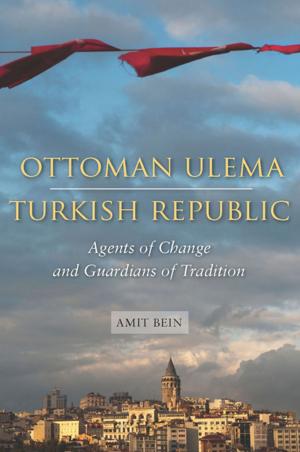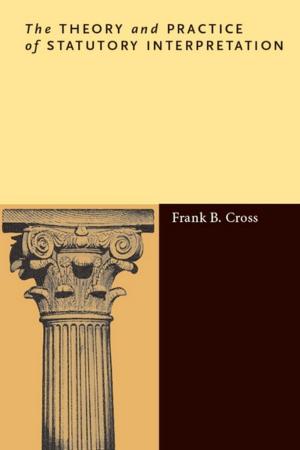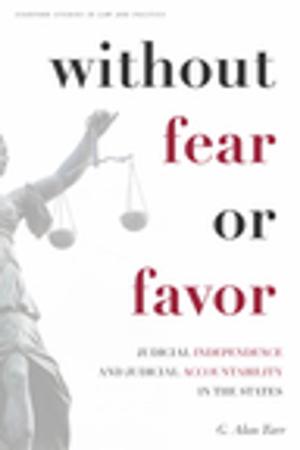Sanctuary in the Wilderness
A Critical Introduction to American Hebrew Poetry
Fiction & Literature, Literary Theory & Criticism, Jewish, Poetry History & Criticism| Author: | Alan Mintz | ISBN: | 9780804779104 |
| Publisher: | Stanford University Press | Publication: | December 14, 2011 |
| Imprint: | Stanford University Press | Language: | English |
| Author: | Alan Mintz |
| ISBN: | 9780804779104 |
| Publisher: | Stanford University Press |
| Publication: | December 14, 2011 |
| Imprint: | Stanford University Press |
| Language: | English |
The effort to create a serious Hebrew literature in the United States in the years around World War I is one of the best kept secrets of American Jewish history. Hebrew had been revived as a modern literary language in nineteenth-century Russia and then taken to Palestine as part of the Zionist revolution. But the overwhelming majority of Jewish emigrants from Eastern Europe settled in America, and a passionate kernel among them believed that Hebrew provided the vehicle for modernizing the Jewish people while maintaining their connection to Zion. These American Hebraists created schools, journals, newspapers, and, most of all, a high literary culture focused on producing poetry. Sanctuary in the Wilderness is a critical introduction to American Hebrew poetry, focusing on a dozen key poets. This secular poetry began with a preoccupation with the situation of the individual in a disenchanted world and then moved outward to engage American vistas and Jewish fate and hope in midcentury. American Hebrew poets hoped to be read in both Palestine and America, but were disappointed on both scores. Several moved to Israel and connected with the vital literary scene there, but most stayed and persisted in the cause of American Hebraism.
The effort to create a serious Hebrew literature in the United States in the years around World War I is one of the best kept secrets of American Jewish history. Hebrew had been revived as a modern literary language in nineteenth-century Russia and then taken to Palestine as part of the Zionist revolution. But the overwhelming majority of Jewish emigrants from Eastern Europe settled in America, and a passionate kernel among them believed that Hebrew provided the vehicle for modernizing the Jewish people while maintaining their connection to Zion. These American Hebraists created schools, journals, newspapers, and, most of all, a high literary culture focused on producing poetry. Sanctuary in the Wilderness is a critical introduction to American Hebrew poetry, focusing on a dozen key poets. This secular poetry began with a preoccupation with the situation of the individual in a disenchanted world and then moved outward to engage American vistas and Jewish fate and hope in midcentury. American Hebrew poets hoped to be read in both Palestine and America, but were disappointed on both scores. Several moved to Israel and connected with the vital literary scene there, but most stayed and persisted in the cause of American Hebraism.
